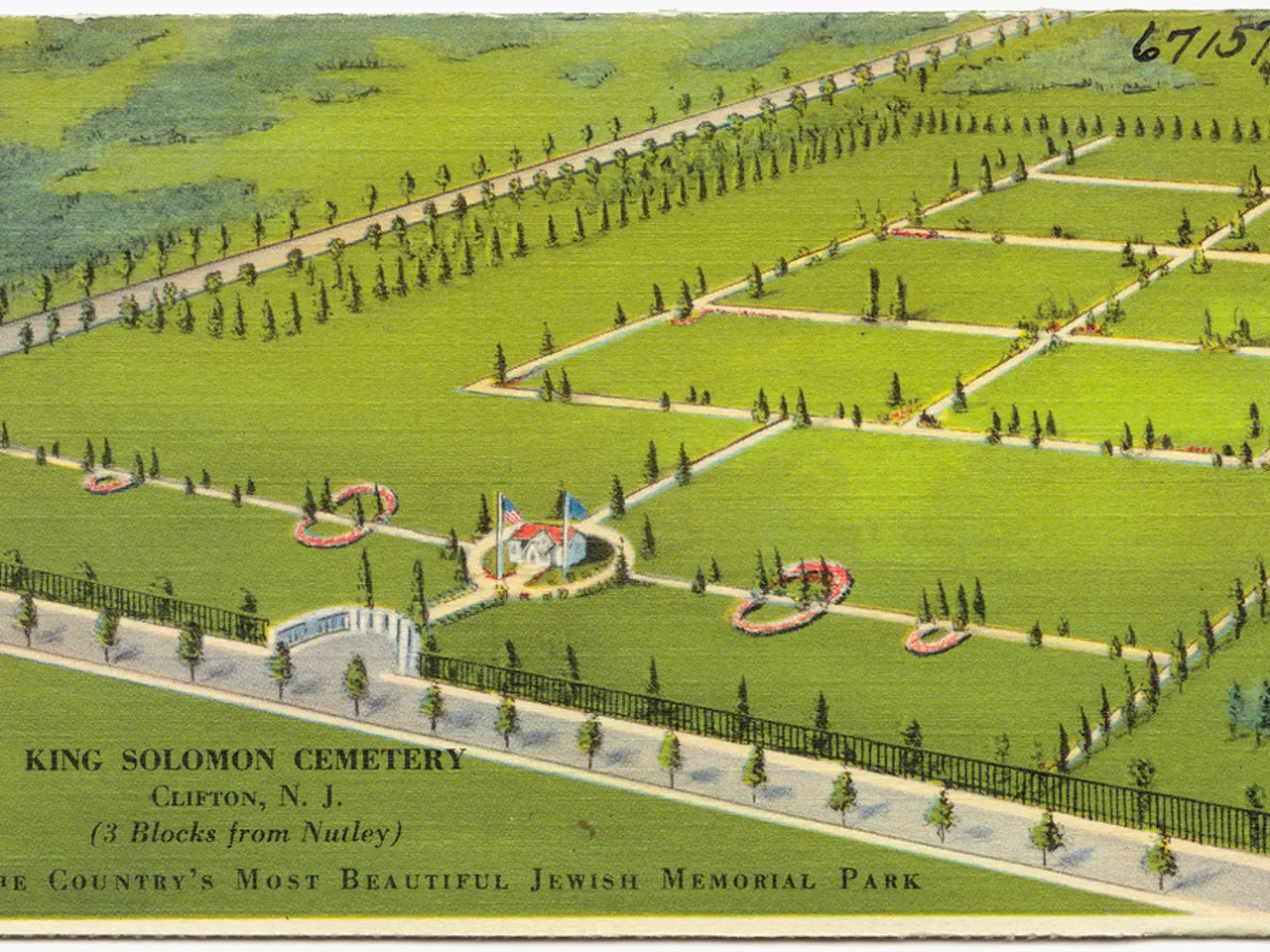In pursuit of mid-decade redistricting, certain Congress members advocate for a prohibition on this practice in Texas
In the political landscape of the United States, there is an ongoing and dynamic struggle over mid-decade congressional redistricting. This contentious issue, marked by deep partisan divides and increasing political tension, has led at least a dozen members of Congress to sponsor bills aiming to ban this practice nationwide.
The current environment, as noted by U.S. Rep. Lizzie Fletcher (D-Houston), has deteriorated over time, with partisan gerrymandering becoming a strategic tool for both parties to influence the balance of power in the U.S. House between censuses.
One of the key proponents of a federal ban on redistricting is law professor and redistricting expert Justin Levitt. Levitt hopes that there will be support for such a ban to peacefully resolve the issue, as legislators who consider redistricting may be preparing to violate their oaths of office to support and uphold the Constitution.
However, the prospects of such legislation passing in the current Republican-led Congress are bleak. Nevertheless, efforts to pass a bill to ban mid-decade redistricting date back to 2003, during the previous mid-decade round of redistricting in Texas, led by then-U.S. House Majority Leader Tom DeLay.
In contrast, states like Texas are moving forward with mid-decade redistricting. The Texas Senate recently approved new congressional maps in a highly partisan and controversial process that Democrats are protesting as gerrymandering designed to shore up Republican control of the U.S. House for the 2026 election cycle.
California, led by Governor Newsom and Democratic leaders, is responding by pushing new congressional maps themselves — including plans for a November 2025 special statewide ballot — explicitly to counter Texas’ Republican-led effort and preserve Democratic influence in the House.
The implications of this partisan battle over redistricting are significant. Mid-decade redistricting is being used strategically by both parties to influence the balance of power in the U.S. House between censuses. Republicans in Texas are attempting to redraw districts to increase their seats and maintain control, while Democrats in California are countering with their own new maps to protect and potentially increase their representation.
The federal bill to ban mid-decade redistricting, if it advances, would freeze district lines and stabilize the power balance until after the 2030 census, halting these tactical map redraws for the next several years.
Notably, Gov. Gavin Newsom of California and Gov. Kathy Hochul of New York, both Democrats, have threatened to pursue mid-decade redistricting if Texas passes a bill to redraw its map to favor the GOP. U.S. Rep. Mike Lawler (R-New York) has pledged to propose a similar bill, while U.S. Rep. Kevin Kiley (R-California) has already introduced a bill to prohibit such redistricting until after the 2030 census.
Fletcher, who is among the sponsors, has emphasised that addressing gerrymandering is a key priority for Democrats in Congress. However, she states that there have been no conversations or coordination between Texas Democrats and Kiley or Lawler regarding such legislation.
In conclusion, the status quo remains a contested and dynamic political battleground with legislative proposals seeking to end mid-decade redistricting nationwide, amid active state-level efforts by parties to use it as a tool to shape House control ahead of upcoming elections.
This article was originally published by Houston Public Media News 88.7.
- The federal bill to ban mid-decade redistricting, if passed, would freeze district lines, thereby attempting to halt strategic manipulation of the balance of power in the U.S. House between censuses.
- California's Governor Newsom, along with Democratic leaders, is pushing for new congressional maps as a response to Texas' controversial mid-decade redistricting, with the intention of preserving Democratic influence in the House.
- The ongoing partisan battle over redistricting in the United States is marked by legislative proposals, such as those sponsored by U.S. Rep. Lizzie Fletcher, aiming to end mid-decade redistricting, and state-level efforts by both parties to use this process to shape House control ahead of upcoming elections.







